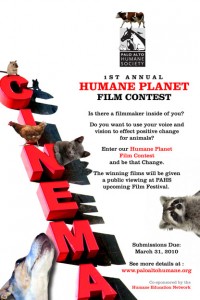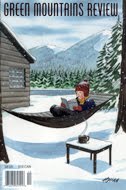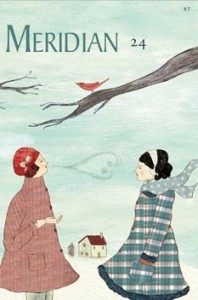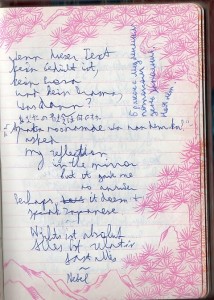The In Between Years
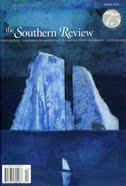 While previous posts have shared news of literary magazine changes in editorship, Jeanne M. Leiby of the Southern Review writes of SR’s “lost years.”
While previous posts have shared news of literary magazine changes in editorship, Jeanne M. Leiby of the Southern Review writes of SR’s “lost years.”
The story of how SR began is recounted in the introduction to An Anthology of Stories from the Southern Review (LSU 1953). It has been 75 years since the Louisiana State University president, James Monroe Smith, first began the journal. It was in 1942 that “because of the war and the national economic crisis, the university suspended publication of the journal” – until 1965. Leiby writes, “It’s sad for me to thing about this gap in our history, the words and works we could have brought to readers in those intervening twenty-three years. And it’s not lost on any of us here that we are again a country at war, a nation deeply affected by bleak economic realities.”
But, Leiby shows her gratitude to a supportive administration and especially to readers who have kept the magazine running, who have helped to maintain SR as a “grand literary legacy.”
At such times of struggle for so many in the literary community, her words of appreciation are well received. We do not want to have to wonder about lost years of voices and words, and we won’t have to, as long as we keep our readership and support of literary magazines strong.

